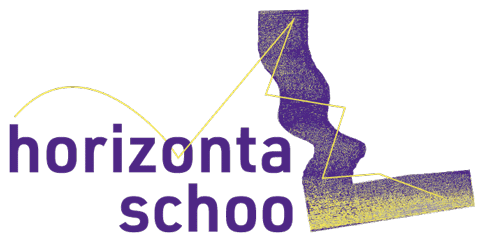
Training
—
- This training has passed.

Evaluate To Grow Your Impact – Blended Learning Training
9 March 2021 @ 3:00 pm – 30 March 2021 @ 6:00 pm CET
280,00€ – 350,00€Dates: 9-30 March including four online live sessions on 9, 16, 23 and 30 March
Time: 3-6 pm CET
Location: Zoom
Language: English
What is the impact you are trying to create? How do you know you are making a difference? How will you communicate the difference you are making? What can you do to ensure you take lessons learnt into account and shift gears when needed?
These are some of the questions we are going to take up during the training “Evaluate to Grow your Impact”. After this training, you will be equipped with evaluation skills and concrete methods to self-assess, learn and reflect on your project to grow your impact.
This one-month-long blended learning training combines four online sessions with asynchronous readings and optional group work in between the sessions, bringing in cases and expertise especially from arts, education and social projects. This training is for those of you who want to explore how to design evaluations that help you, your organizations and your projects to understand your impact, to continuously develop your practice further, and deepen your level of impact.
Join us and brush up your evaluation skills to create more impact!
This training covers…
- an overview of the functions of different types of evaluation approaches
- how to set indicators or evaluation questions
- which concrete methods to evaluate can be used for which purpose
- how to understand one’s own project´s effects and how to increase them
- how to plan for evaluative activities and integrate them before a project even starts
- how evaluations can become an opportunity to continuously learn as a project team or organization
- access to a community of project managers in arts and education working in diverse settings
- further helpful resources including links and readings to toolkits and indicator sets
You will experience…
- a balance between theory, reflection, case studies from the fields of arts, education, and social work, and work on one’s own evaluation practices in four three-hour-long online sessions weekly via zoom
- self-directed learning with readings and optional group work between the live sessions
- interactive online sessions facilitated by experienced process and impact evaluators and facilitators
- a community of impact-oriented project managers
- space for peer-to-peer support regarding your questions and challenges with evaluations
This training fits you if…
- you are planning or implementing projects that aim at making a social impact
- you are wondering how to evaluate your project
- you want to learn more about different types of evaluation, different methods, and get insights into case studies from arts, education and social projects
- you want to connect to other project managers and practitioners to exchange and learn from each other
Your facilitators…
Astrid Thews, systemic organizational developer, facilitator, evaluator and feminist, is particularly passionate about supporting individuals, teams and organizations in their learning journeys and discovering and fulfilling their purposes. In the past ten years she has worked on assignments and collaborations in arts or education in Egypt, Germany, Tunisia, Jordan, France. She is intrigued by spaces that emerge when people and organizations of different socioeconomic and sociocultural backgrounds get together, when practitioners and academics engage in encounters. She is fluent in German, English and French and can converse in Arabic. In her spare time, she has been spotted hiking or on her yoga mat.
Marischa Weiser, coordinator and facilitator at horizontal school, is passionate about building communities, enabling co-creation, developing and applying methods to create social change in our societies. She is a coordinator, community builder and facilitator at MitOst, working in the field of culture and citizenship education. Currently, she focuses on program design, methods for capacity building of civil society actors as well as discovering the potential of online learning.

